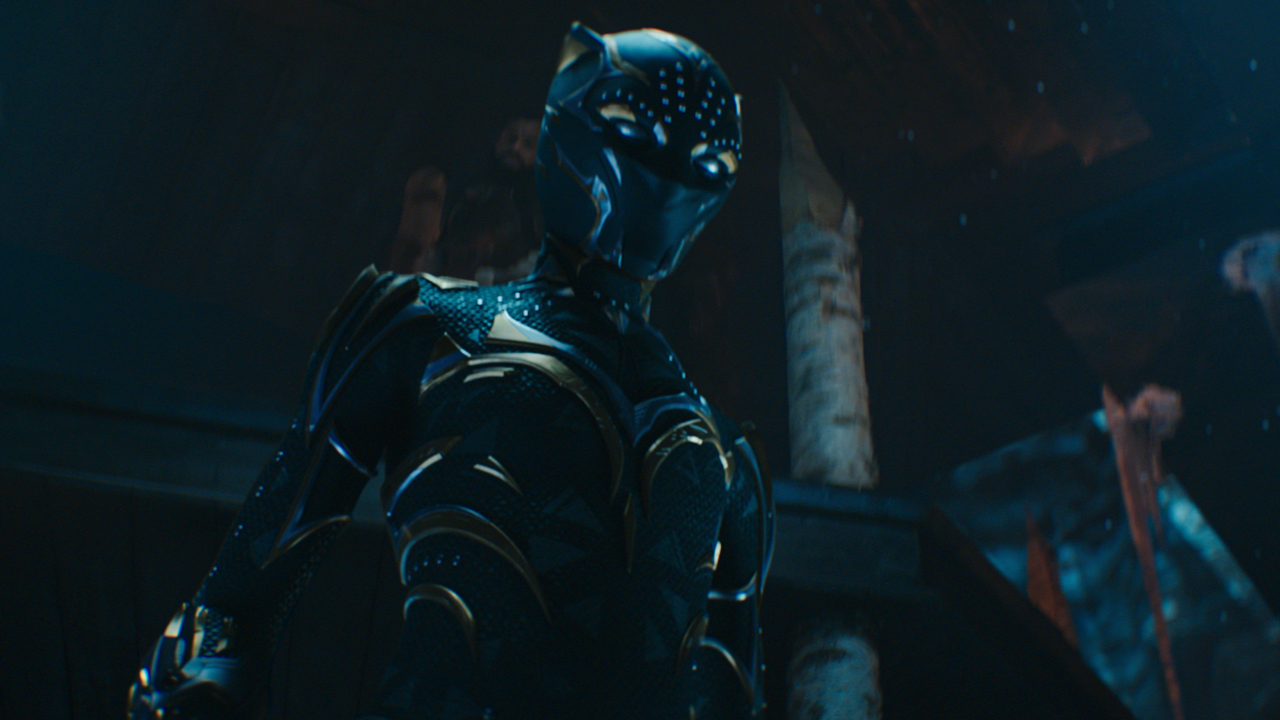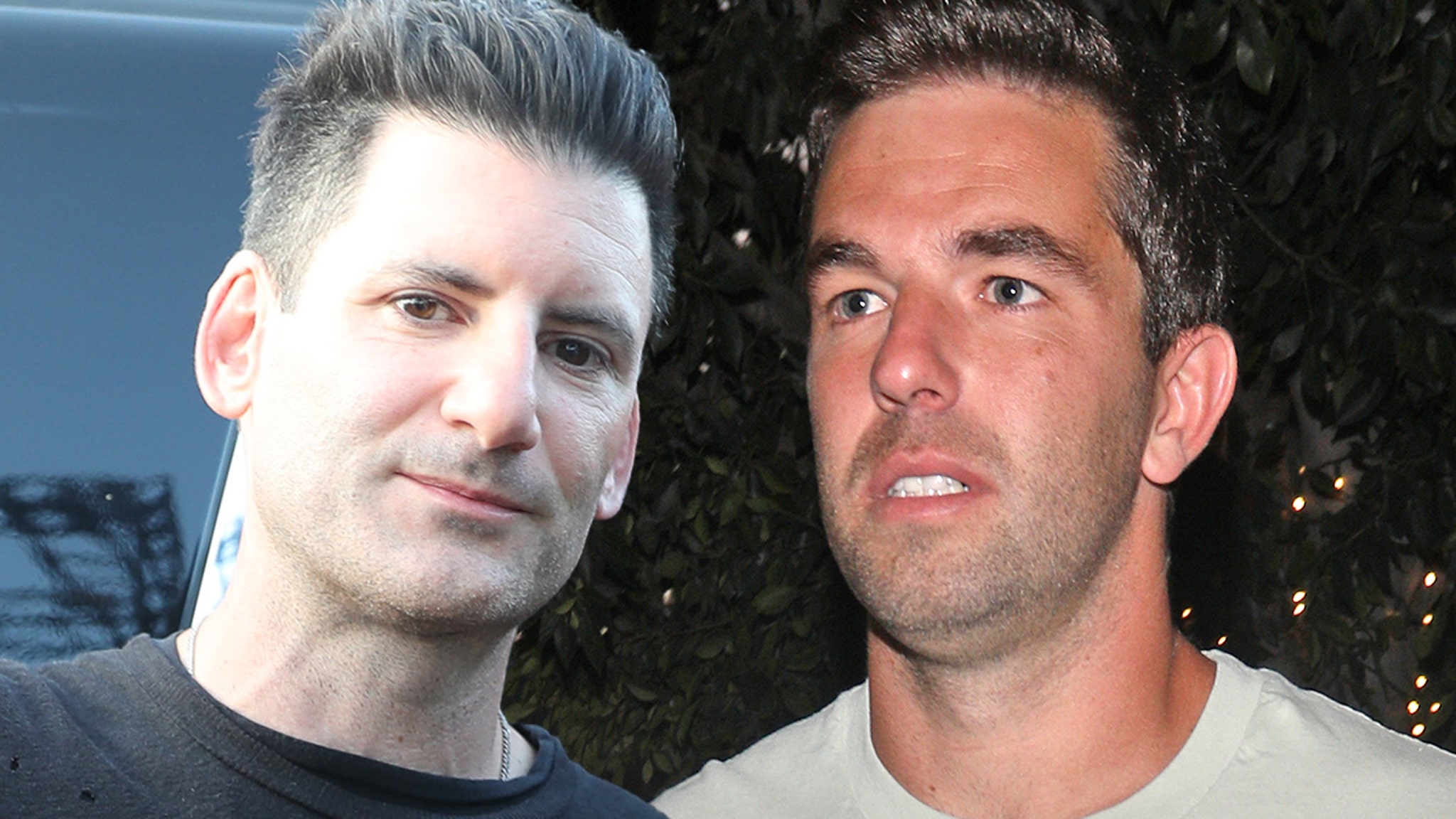Bill Maher Critiques Larry David's Controversial Essay Comparing Trump to Hitler

In a recent interview with Piers Morgan, comedian and political commentator Bill Maher expressed his strong disapproval of Larry Davids provocative essay, "My Dinner With Adolf," which was published in the New York Times. In this piece, David draws a controversial parallel between his fictitious meeting with Adolf Hitler and his recent encounter with former President Donald Trump. Maher did not hold back in his criticism, labeling David's comparisons as "insulting to six million dead Jews," a reference to the Holocaust's horrific death toll.
Maher articulated his stance emphatically: "To use the Hitler thing first of all, its kind of insulting to six million dead Jews. Its an argument you kind of lost just to start it. Look, maybe its not completely logically fair, but Hitler has really kind of got to stay in his own place." He emphasized the gravity of Hitler's historical legacy, asserting that the Nazi leader is the ultimate representation of malevolence, stating, "He is the GOAT of evil. Were just going to have to leave it like that."
David's essay, which intends to use satire to explore the nuances of human interaction, includes the imaginative scenario where he converses with Hitler, saying, "I must say, mein Fhrer, Im so thankful I came. Although we disagree on many issues, it doesnt mean that we have to hate each other." The absurdity escalates as David visualizes giving Hitler a Nazi salute before exiting the fictional meeting.
In response to the backlash, a New York Times editor clarified that Davids intention was not to equate Trump with Hitler; rather, it was an exploration of the importance of seeing people for who they truly are. However, Mahers reaction underscores a significant point of contention among political commentators regarding the appropriateness of using Hitler as a rhetorical device in modern political discourse. Regarding David's portrayal of their friendship, Maher remarked, "That was not my favorite moment of our friendship."
Maher further asserted that invoking the 'Hitler card' undermines any argument. "The minute you play the Hitler card, youve lost the argument," he stated, reinforcing his long-standing critique of Trump without needing such extreme comparisons. He noted, "Nobody has been harder, and more prescient I must say, about Donald Trump than me. I dont need to be lectured on who Donald Trump is. Just the fact that I met him in person didnt change that. The fact that I reported honestly is not a sin either."
Jokingly, Maher suggested that despite their differences over the essay, he and David might be able to mend their relationship, saying, "I can take it when people disagree with me." He continued to emphasize that he prefers constructive dialogue over insults, stating, "If I can talk to Trump, I can talk to Larry David too." This sentiment reflects Mahers belief in the necessity of communication, even with those with whom one fundamentally disagrees.
In the wake of this interview, Maher also revealed that he had met with Trump during an episode of his late-night show, "Real Time." He commented on his meeting, saying, "Everything Ive ever not liked about him was I swear to God absent, at least on this night with this guy," indicating that his perceptions of Trump are complex and not solely rooted in negativity.
As the discourse around political satire continues to evolve, Maher's critical response to David's essay highlights the delicate balance of humor, history, and the ethical implications of comparing contemporary figures to historical villains.

























